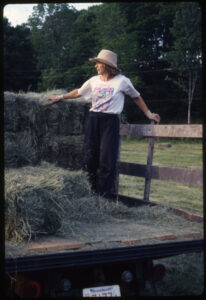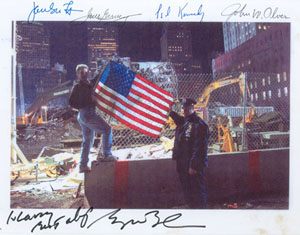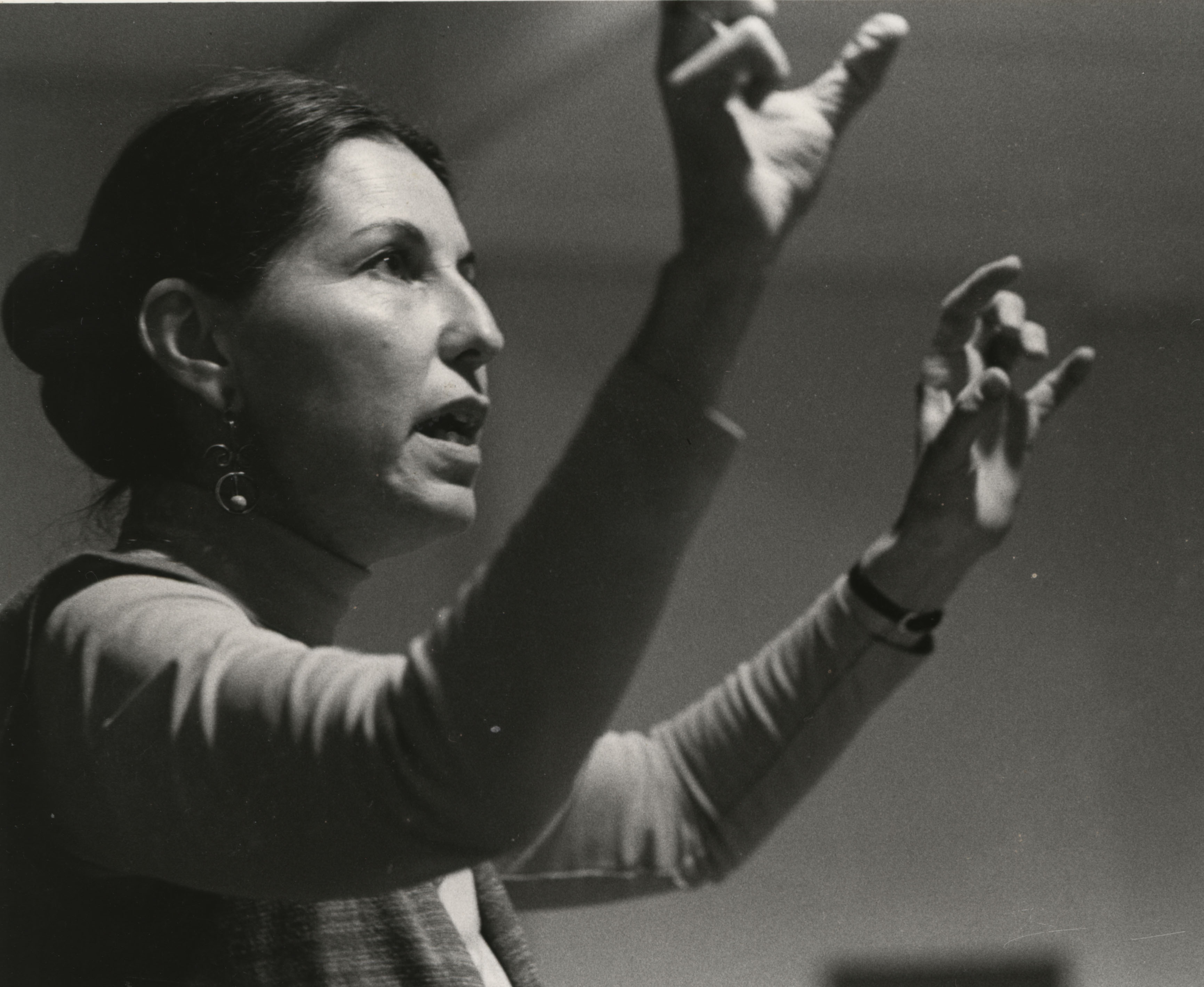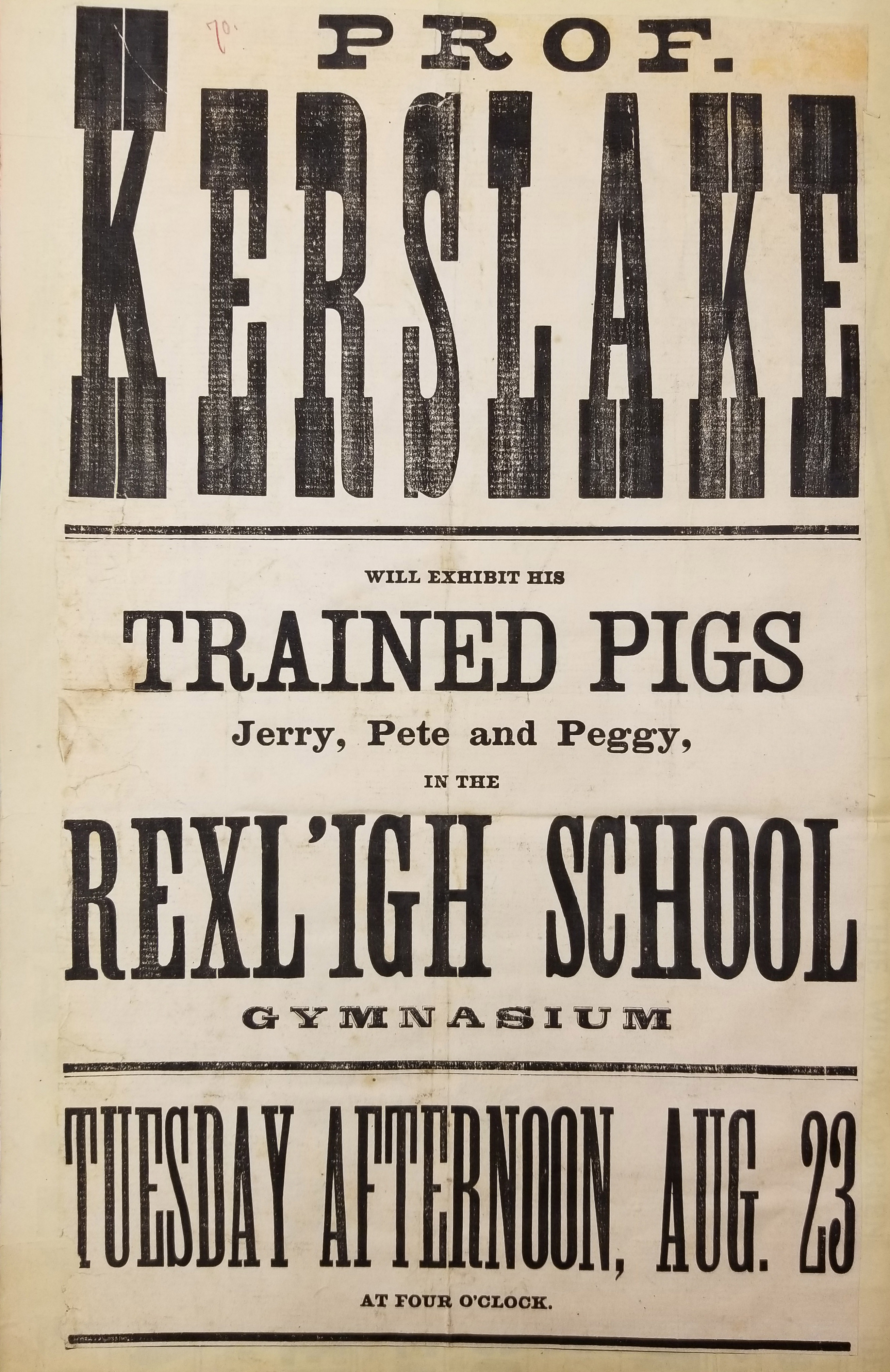Bill Keith Collection
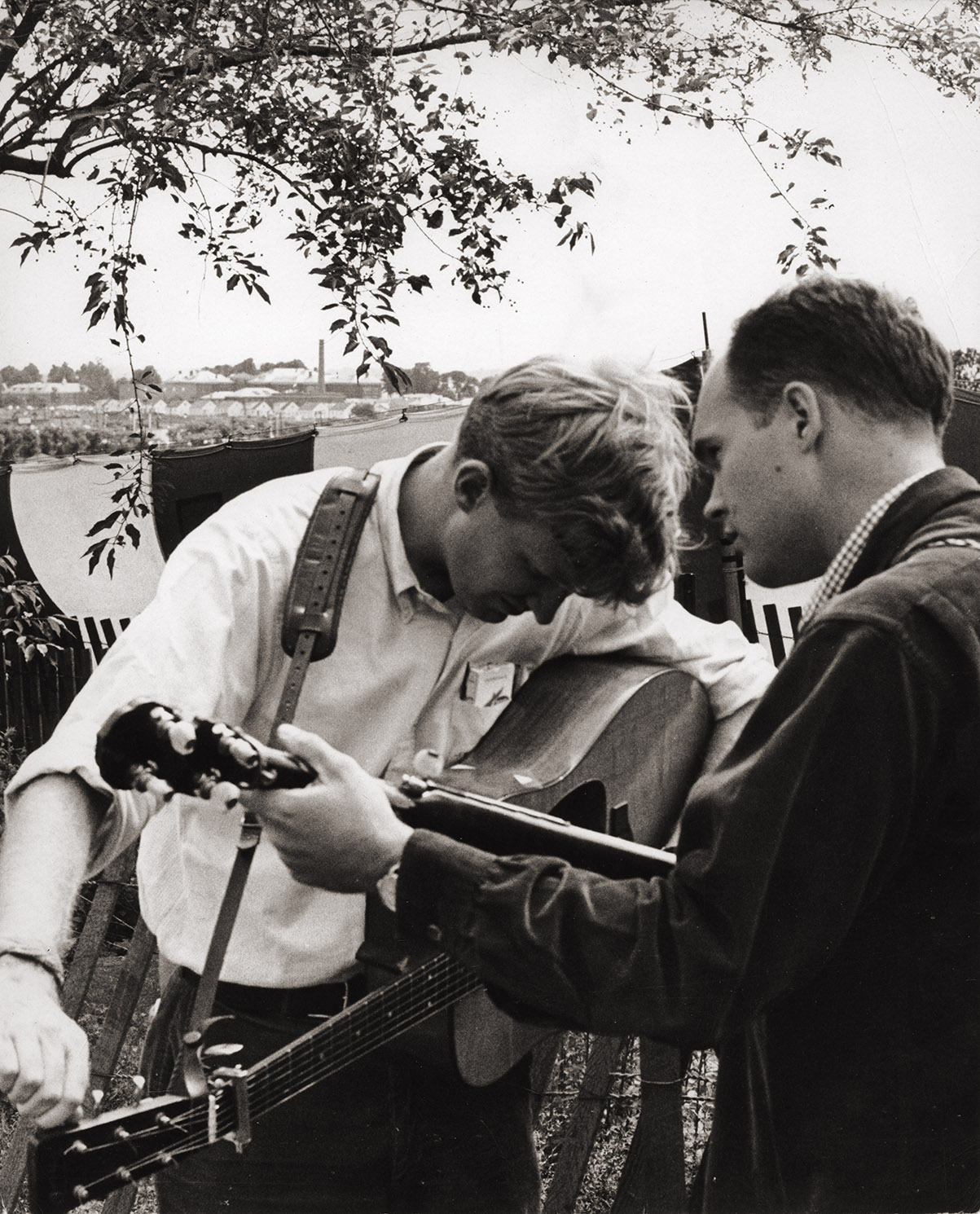
A stylistic innovator and influential performer on the five string banjo, Bill Keith is credited with transforming the instrument from a largely percussive role into a one where it carried the melody. A native of Boston and 1961 graduate of Amherst College, Keith cut his teeth as a performer in New England clubs during the hey day of the folk revival, often partnering with his college roomate Jim Rooney, and he spent the better part of the decade as a member of two high profile acts: Bill Monroe’s Bluegrass Boys, with whom he played for eight critical months in 1963, and the Jim Kweskin Jug Band. Adding the pedal steel guitar to his repertoire, Keith performed on stage and in studio with a stylistically and generationally diverse range of acts including Ian and Sylvia, Judy Collins, Richie Havens, Loudon Wainwright, and the Bee Gees. Keith continued performing nearly to the time of his death by cancer in October 2015.
This small collection of photographs and ephemera documents the musical career of bluegrass legend Bill Keith, including early images playing in coffee houses and at Newport Folk Festival and images of Keith with musical collaborators throughout the 1970s and 1980s. The collection includes a series of photographs and ephemera taken during the 50th anniversary Jug Band Reunion tour of Japan in 2013.


